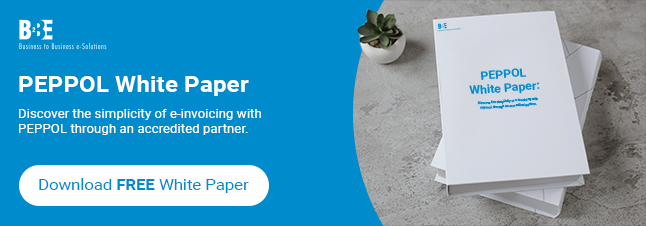With digital business transactions gaining traction globally, the PEPPOL network is quickly becoming a standard choice for companies exchanging documents across borders. Known for its secure, structured approach to data exchange, PEPPOL supports a variety of document types. But which ones are used the most?
Poll results
In our most recent LinkedIn poll, we asked our followers what documents types they commonly exchange through their PEPPOL network.
What type of documents do you most commonly exchange via the PEPPOL network?
- Facturen
- Purchase orders
- Shipping notices
- Ander
Facturen
62% of businesses indicated that invoices are their primary document type on the PEPPOL network. This isn’t surprising, as invoicing is often the backbone of financial and accounting operations. Through PEPPOL, businesses benefit from streamlined, error-free invoice exchanges that accelerate the payment process and improve cash flow. By using the network’s secure and compliant framework, companies can eliminate manual entry errors, reduce paper waste, and boost the speed at which invoices are processed—enhancing both vendor and customer relationships.
Purchase orders
After invoices, purchase orders (POs) are the second most common document type exchanged with 25% votes. POs form the foundation of the procurement process. They act as formal agreements between buyers and sellers regarding product details, pricing, and quantities. Using the PEPPOL network to manage these transactions allows businesses to streamline procurement processes, minimise delays, and improve data accuracy, as both parties can access a clear, shared document trail.
Shipping notices
A total of 13% of respondents voted for shipping notices. Shipping notices, while used less frequently than invoices and POs, still play a crucial role for businesses engaged in supply chain operations. These notices inform both buyers and sellers about shipment status, expected arrival dates, and other logistics details, providing transparency and helping companies track inventory levels more accurately. When shared over the PEPPOL network, these documents ensure that all parties have up-to-date information, allowing for quick adjustments in case of delays or other issues.
Ander
No respondents selected “other” documents, indicating that businesses currently rely most heavily on the core transactional documents of invoices, purchase orders, and shipping notices. However, PEPPOL’s flexibility allows for the potential integration of other document types. For example, contracts, advanced shipping notifications and even customs documents. As PEPPOL adoption grows and businesses explore new applications for document exchange, we may see an increased diversity of documents shared across the network.
Learn more about B2BE’s PEPPOL Access Point.
Meer informatie
B2BE's ervaring in de toeleveringsketensector stelt onze klanten in staat met succes te bouwen, uit te breiden en zich aan te passen, waardoor een grotere effectiviteit mogelijk is. Om in contact te komen met B2BE en feedback te geven over wat voor u en uw bedrijf het belangrijkst is, kunt u het volgende doen volg ons op LinkedIn en via sociale media. U kunt ook Stem in onze laatste LinkedIn poll. Als u uw supply chain-strategie wilt bespreken, contact opnemen met ons.

